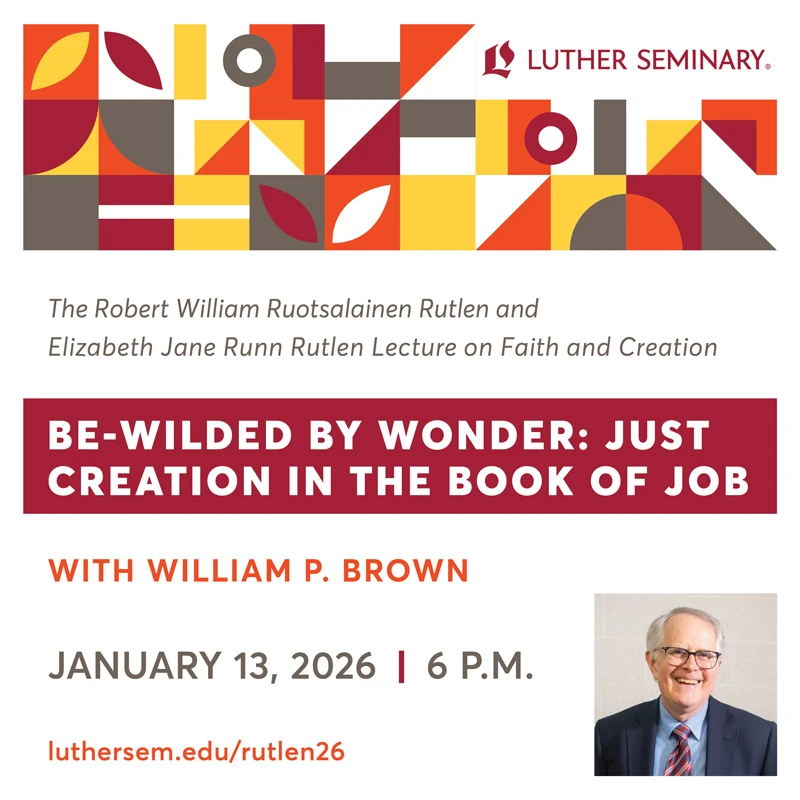SUMMARY
When 1 Kings 5 describes Solomon’s choice to use forced labor for his building project, one cannot help but hear echoes of the pharaonic oppression of God’s people in Egypt (Exodus 1-3). When 1 Kings 12 describes Rehoboam’s choice not only to retain but to exacerbate the forced labor, one knows that the proverbial (and literal) end is near.
ANALYSIS
When God’s people were under oppression in Egypt, their cries reached the divine ears and prompted God to act. What prompted their cries were, primarily, two situations: first, they were being conscripted into forced labor (slavery) with an increasingly heavy burden. Second, they were being systematically destroyed by a despotic tyrant. While RehoboamThe son of Solomon during whose reign the kingdom divided into north and south. More was not systematically trying to destroy his own people, 1 Kings 12 certainly depicts him as power-hungry, if not crazed.
His first decision as a ruler is a wise one: he seeks out several different advisors to offer opinions as to how he should begin his reign. It is, unfortunately, the only wise decision Rehoboam makes in this chapter. His father’s advisors urge him to adopt a servant-leadership style: serve the people, speak to them kindly, and, presumably, lighten the burden of their labor. Instead, Rehoboam chooses to follow the advice of his peers and not the older, wiser advisors: he increases the people’s labor and rules out of fear instead of love.
It is important to note that this text is not only a statement about the wisdomWisdom encompasses the qualities of experience, knowledge, and good judgment. The Old Testament book of Proverbs, which sometimes invokes a Woman as the personification of Wisdom, is a collection of aphorisms and moral teachings. Along with other biblical passages, it teaches, "The fear of the... More of the eldersElders are leaders who exercise wisdom or leadership by virtue of their age and experience. In the New Testament elders, along with the chief priests and scribes, constituted the primary opposition to Jesus when he taught in Jerusalem. More as opposed to the foolishness of the young. This text presents a cautionary tale against surrounding ourselves with only those who think like us and will tell us what we want to hear. Rehoboam listened to those “who had grown up with him” (v. 10). They feed the king a narrative of what it means to be a virile, masculine, and ultimately toxic king (vv. 10-11). The choice to listen to this narrative wrenches the majority of the kingdom out of Rehoboam’s hands.

